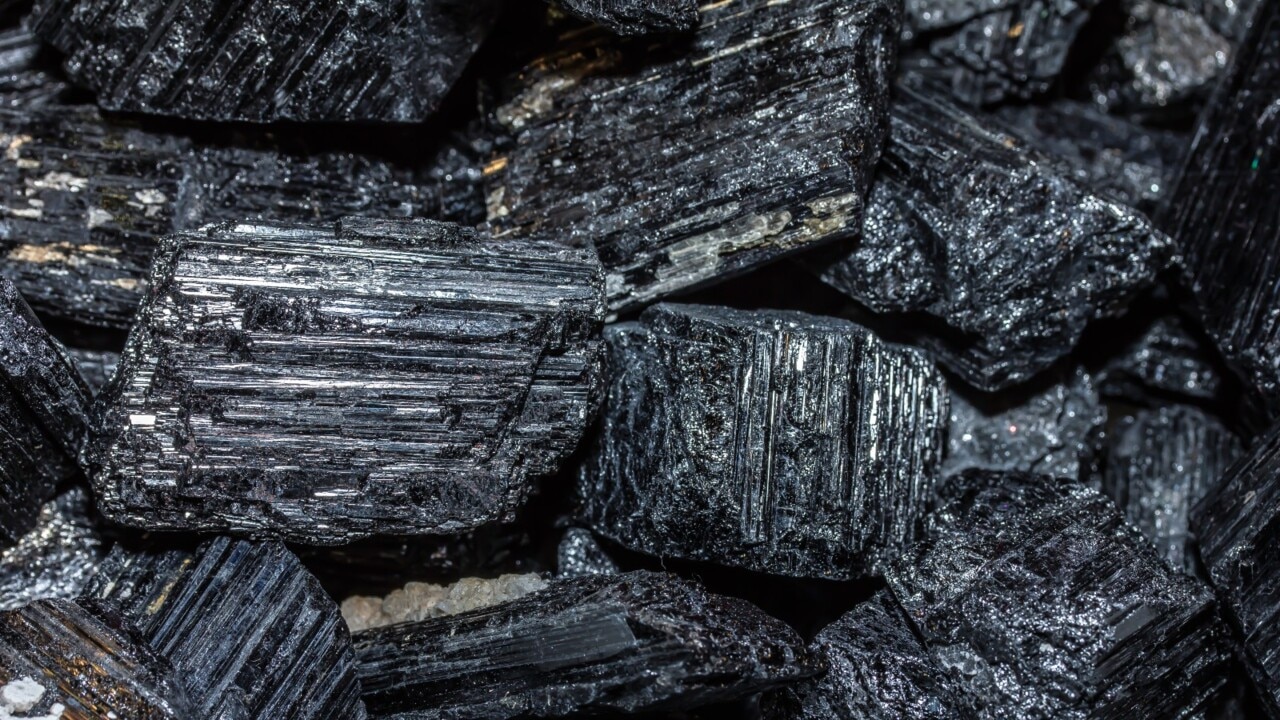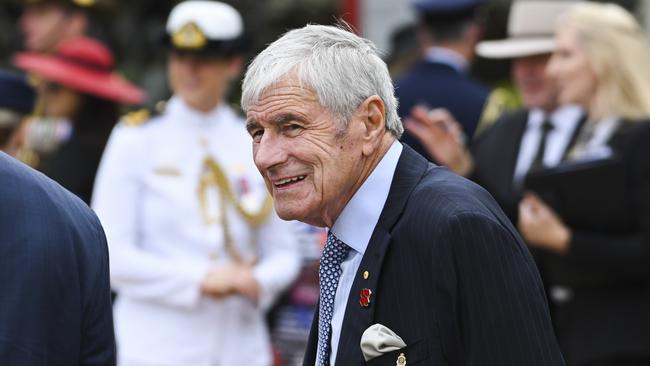Kerry Stokes-backed BCI Minerals flags a big blowout at its Pilbara salt project
BCI Minerals has joined the long list of major project blowouts in WA.

Kerry Stokes-backed BCI Minerals has flagged a 60 per cent blowout in the cost of building its Pilbara salt project, telling investors on Tuesday it will now need to pay more than $600m more to build its production facilities.
BCI boss David Boshoff told shareholders on Tuesday the company now expected its Mardie salt and sulphate of potash project to cost about $1.63bn to build, including a $208m contingency reserve.
That is more than 60 per cent above the $1.02bn estimate when the company announced its final investment decision in 2021.
BCI has already spent about $307m on early construction works, it said.
Billionaire mining and media mogul Mr Stokes is the biggest shareholder in the company, with a 39.5 per cent holding in BCI, with Australian Super holding 14.8 per cent.

But Mardie has also been backed by the federal government’s Northern Australia Infrastructure Facility, and Export Finance Australia, both of which have offered up significant funding to BCI through low-cost loans.
BCI tapped investors for $360m in 2021, including a $260m equity raising at 43c. The bulk came from Mr Stokes’ Wroxby investment arm, with Australian Super kicking in $75m to take its first major stake in the company.
BCI also issued $100m of convertible notes, and secured $740m in debt facilities, with the bulk offered up through cheap loans from the federal government – $490m from the Northern Australia Infrastructure Facility, and another $110m from Export Finance Australia.
But the company now faces the prospect of needing to tap the market again to cover the shortfall, saying it was holding only $163.8m in cash at the end of March.
BCI also receives a quarterly royalty stream from the Mineral Resources’ operated Iron Valley iron ore mine in the Pilbara.
Mr Boshoff said the company was still in discussions with its financiers over the closing of debt finance, and expected to raise additional equity in the December quarter. He also flagged discussions with potential offtake partners interested in take a stake in Mardie at the project level.
“The proposed project debt financiers advised in 2021 remain as key proponents in the project financing, including the federal government bodies Northern Australia Infrastructure Facility and Export Finance Australia. Details of the funding package will be advised as approvals are obtained,” he said.
“I note that our current market cap is less than the amount that we have spent on the project to date, with no value attributed to Iron Valley or our cash on hand. I take confidence in long term value of BCI shares, particularly with what we have presented to you today, and from the support of our key shareholders.”
Ms Boshoff said the company had made changes to the design of the project since making its final investment decision in 2021, which were responsible for part of the cost inflation.
But, like other WA mining companies, BCI has also been hit hard by the state’s tight labour market, and broader inflationary pressures.
“The project experienced tight labour conditions, high fuel prices, supply chain delays, insurance market pressures, rising equipment costs as well as Covid-19 regulatory requirements. These conditions produced major cost inflation for Pilbara businesses, particularly construction projects,” he said.
“Requirements imposed on the Project through regulatory and third-party approvals have resulted in additional costs to those assumed at the time of the FID.”
Mr Boshoff told investors the company believed the project’s economics remained robust, however, citing strong prices for Australian-produced industrial salt on global markets.
“Despite the cost increases and schedule delays, the overall project economics have improved,” he said.
“Salt prices have increased significantly since the completion of the Mardie feasibility studies in mid-2021. The current average contract price of Australian salt imported into Asia has increased to more than $US50 a tonne, cost insurance and freight included, with even higher spot prices being realised in China.”
“The long-term salt price forecast from two independent market experts indicates further growth in price in the coming few years, and a long run price between $US62 a tonne and US$67 a tonne.”
BCI said it now expects to ship its first salt from the project in mid-2026, about 18 months later than initial projections.
Its shares closed up 2.3 per cent at 22c each, in a higher market on Tuesday afternoon.




To join the conversation, please log in. Don't have an account? Register
Join the conversation, you are commenting as Logout